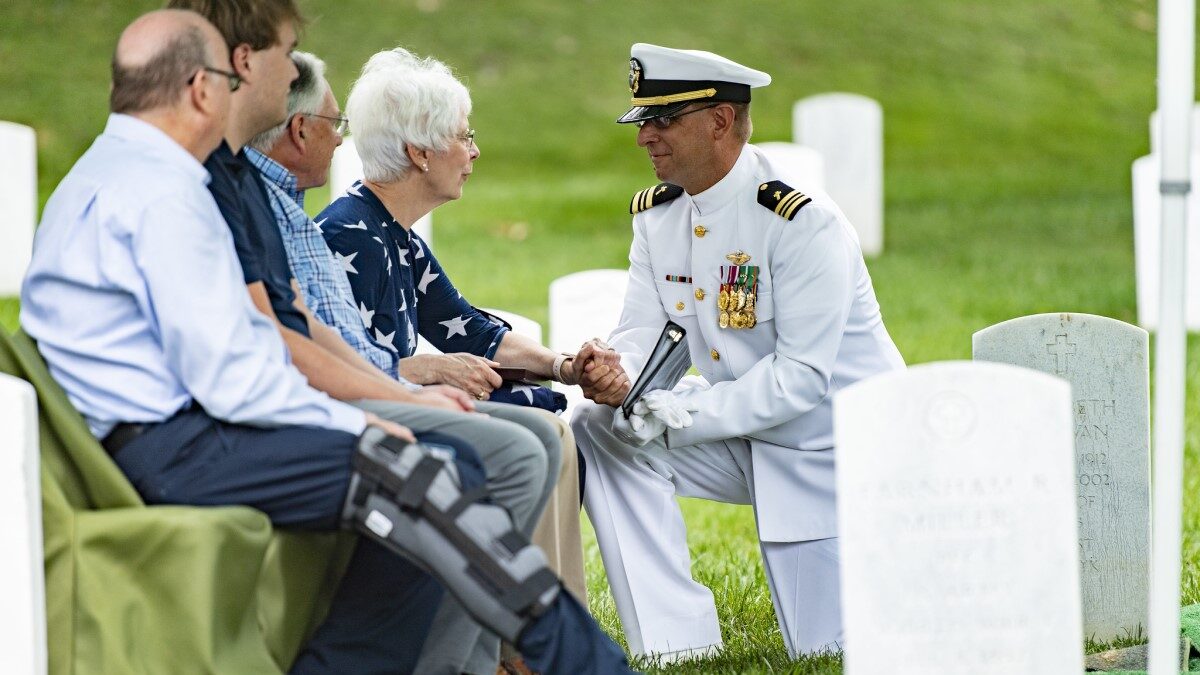Memorial Day became common as “Decoration Day” during and then after the Civil War for Americans to set aside certain days to remember soldiers who died on duty, usually by “decorating” their graves and holding picnics, parades, and other events.
So many died during and after the Civil War that their memories remained fresh for many years in the minds of their friends and families, who used such ceremonies to process their grief and honor the dead and the cause for which they served. Eventually these varied ceremonies among North and South coalesced into one day that ultimately became a federal holiday.
Soon before his re-election and the end of the Civil War, President Abraham Lincoln faced dark days of worry about both. He asked some Ohio soldiers to stop at the White House while on their way home from the battlefield, and in brief remarks to them expressed the unifying reason he and they fought for the country they loved: its “dedication to the proposition” that “all men are created equal, that they are endowed by their Creator with certain unalienable Rights.”
“Speech to the One Hundred Sixty-sixth Ohio Regiment,” President Abraham Lincoln, Washington, D.C. August 22, 1864.
I suppose you are going home to see your families and friends. For the service you have done in this great struggle in which we are engaged I present you sincere thanks for myself and the country. I almost always feel inclined, when I happen to say anything to soldiers, to impress upon them in a few brief remarks the importance of success in this contest.
It is not merely for to-day, but for all time to come that we should perpetuate for our children’s children this great and free government, which we have enjoyed all our lives. I beg you to remember this, not merely for my sake, but for yours.
I happen temporarily to occupy this big White House. I am a living witness that any one of your children may look to come here as my father’s child has. It is in order that each of you may have through this free government which we have enjoyed, an open field and a fair chance for your industry, enterprise and intelligence; that you may all have equal privileges in the race of life, with all its desirable human aspirations.
It is for this the struggle should be maintained, that we may not lose our birthright — not only for one, but for two or three years. The nation is worth fighting for, to secure such an inestimable jewel.









